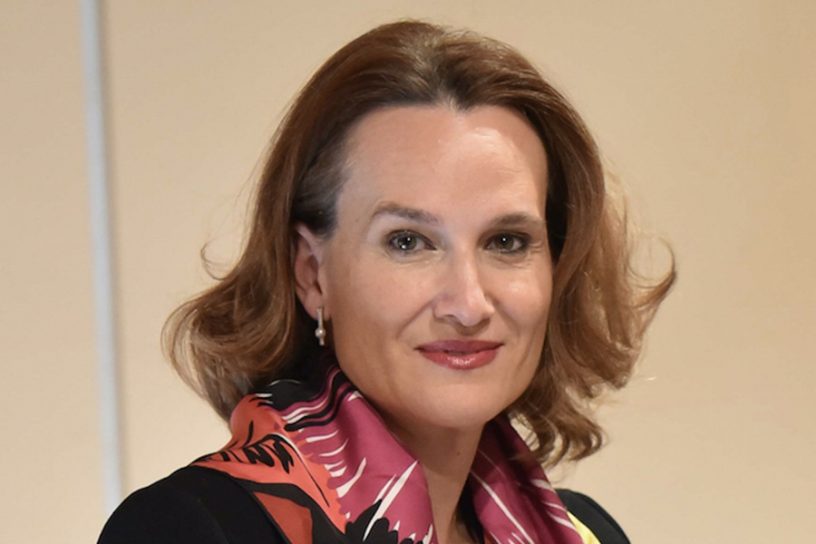
Prof. (Dr) Ruth Rubio-Marin, an exemplary scholar in the field of comparative constitutional studies, has proposed a novel concept of ‘transformative gender constitutionalism’ in her book titled Global Gender Constitutionalism and Women’s Citizenship: A Struggle for Transformative Inclusion.
Authors
Aishwarya Pagedar, Assistant Professor, Jindal Global Law School, O.P. Jindal Global University, Sonipat, Haryana, India.
Sabreen Ahmed, Lecturer, Jindal Global Law School, O.P. Jindal Global University, Sonipat, Haryana, India.
Summary
Constitutionalism means that all laws in a country will always be delimited by a fundamental body of laws, the constitution. In a democracy, this constitution incorporates the people and their wishes in determining the rights and duties, and the legal order. However, ‘the female subject’ has generally been excluded from the deliberations and conversations that lead to the formation of this fundamental body of laws. Such exclusion is a result of a man-made sociological divide which has historically prevented women from accessing the process of constitution-making. Consequently, women have been excluded from the larger truth of the country which has taken shape in the form of constitutions decades ago.
Prof. (Dr) Ruth Rubio-Marin, an exemplary scholar in the field of comparative constitutional studies, has thus proposed a novel concept of ‘transformative gender constitutionalism’ in her book titled ‘Global Gender Constitutionalism and Women’s Citizenship: A Struggle for Transformative Inclusion’. This concept confronts the exclusion of women from the constitution-making process and suggests the revolutionary ‘transformative gender constitutionalism’ as the remedy.
In this interview, she discusses the several phases through which this new constitutionalism has evolved. She also explains how she takes the gender-rights discourse further by centring itself on concepts like ‘positive motherhood’ and ‘new fatherhood’ which are new tools to dismantle gender roles and dilute any strict gender identities. She fortifies the idea of ‘transformation’ associated with this new form of constitutionalism by calling it a process of constructing a truth that is more truth, because it would be a better sum of truths—including a wider set of thus far ignored truths.
Published in: Jindal Global Law Review
To read the full article, please click here.


